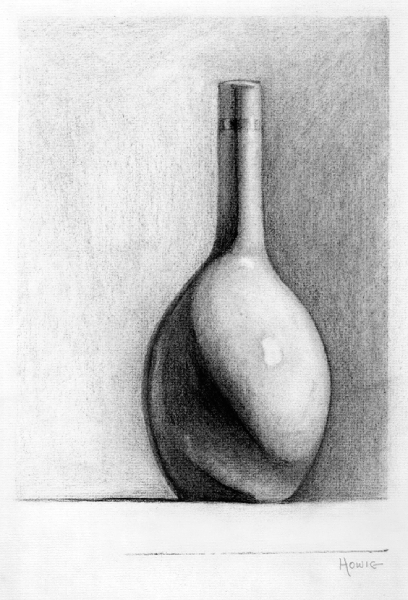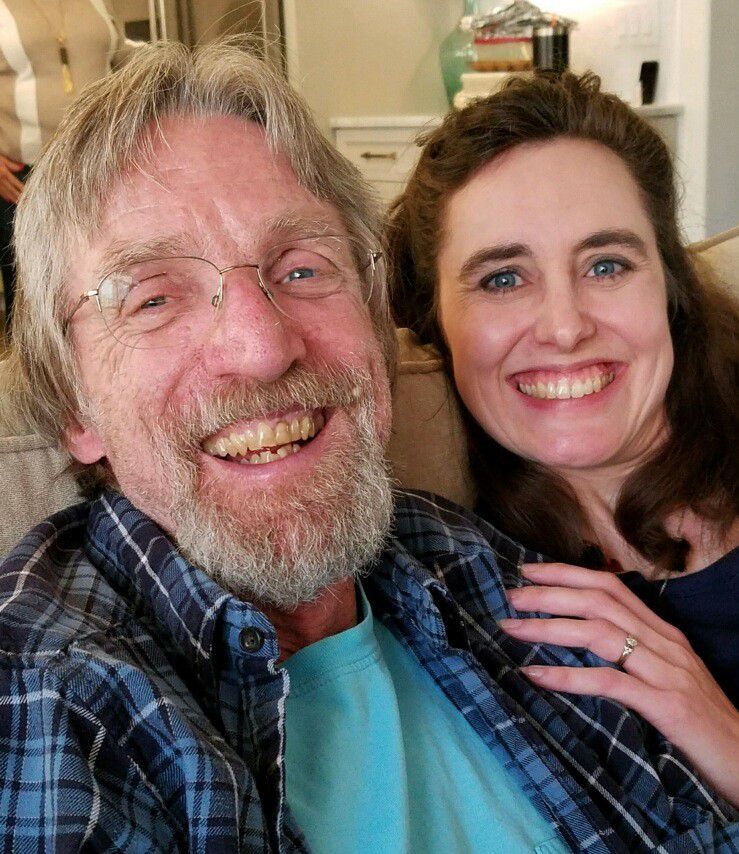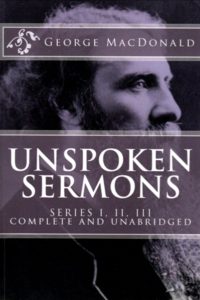
Front Porch Theology
 Front porch theology is the way I have come to describe the conversations that have occupied the second half of my life. My short season in ministry had come to an end in flames. I had loved it way too much. It would be in my early forties before I would ask God the simple questions. The ones that I thought I knew the answers to in the first half of life. Those years had not been wasted though, for with hindsight, I can see I was all the while gathering the puzzle pieces of my life.
Front porch theology is the way I have come to describe the conversations that have occupied the second half of my life. My short season in ministry had come to an end in flames. I had loved it way too much. It would be in my early forties before I would ask God the simple questions. The ones that I thought I knew the answers to in the first half of life. Those years had not been wasted though, for with hindsight, I can see I was all the while gathering the puzzle pieces of my life.
Perhaps, MacDonald’s Unspoken Sermons were his version of front porch theology. The theology he wrestled with in the struggles that had been his life. It is his insights, born of frustration and pain that have spoken so deeply to me. “It may take centuries of ages, of struggle, effort, and aspiration before we see reality. Once we finally see it, it is so plain and simple. We wonder how we could have lived without seeing it before. That we did not understand it sooner, was simply that we could not see it. To see the truth, to know what it is, to understand it, are all one and the same!” (GM Paraphrase) pg3
MacDonald and I
“We do not appreciate the one who tells us something new as much as the one who puts into words that which we know is true, but have been unable to articulate for ourselves.” (unknown)
Within this simple statement is found my relationship with George MacDonald. If there is a single thing I could say to describe his contribution, it would be that he was a master lens crafter. He was prophetic, a seer of the infinite. MacDonald had no interest in convincing you to think as he thought, but to meet who He met. In his foundational sermon, The Child in the Mist, he says, “I do not say it is necessarily so, for I aim at no logical certainty. I aim at showing, rather than at proving, to my reader, by means of my sequences, the idea to which I am approaching.” For him, Truth was a person, not a proposition. Not static truths to be agreed with and believed, but dynamic life to be encountered and engaged.
I am not a scholar or a writer, as you soon will see, but an artist. Having failed the first grade because of reading difficulties, and having received no degrees beyond my high school years. So, after leaving art school, I apprenticed as a billboard painter when highway signs were painted by hand. And have spent the rest of my life in the sign industry in one way or the other.
As an Artist
 As an artist, I was trained in a classical way and taught to see. What I learned taught me to see what was always there, always present to my eyes, but unseen. Light and shadow give an object form. Warm and cool colors used to move things back and forth in space, and angle, and perspective, adding the three-dimensional reality to the object in its plane. When learned and applied, these skills bring life to the image on the canvas and help focus attention on the central object being seen. A blind man cannot help another blind man see, but one who sees can point to what is to be seen. Seeing is MacDonald’s gift to us.
As an artist, I was trained in a classical way and taught to see. What I learned taught me to see what was always there, always present to my eyes, but unseen. Light and shadow give an object form. Warm and cool colors used to move things back and forth in space, and angle, and perspective, adding the three-dimensional reality to the object in its plane. When learned and applied, these skills bring life to the image on the canvas and help focus attention on the central object being seen. A blind man cannot help another blind man see, but one who sees can point to what is to be seen. Seeing is MacDonald’s gift to us.
True seeing is not what you see with your eyes alone, but what your mind and heart see as well. Seeing is something you learn to do. It’s not that our eyes are closed, and we don’t see anything. It’s that we are not prepared to interpret what we see correctly. You cannot see what you cannot see, and you cannot see it until you can. All of this is the work of the Holy Spirit in our lives.
My Faith Journey
 I was once complaining to God about my lack of prayer. I told Him I knew He wanted me to be a praying person, so why not just zap me and make it so. His response was, “I am moving as fast as you will let me! You will not pray until you need to, and right now, you don’t think you need to.” The problem was not a matter of information or will power, but of seeing. And that brothers and sisters takes time! It is this that MacDonald shares with us. The big picture, the puzzle box top, so we can assemble the pieces we have acquired.
I was once complaining to God about my lack of prayer. I told Him I knew He wanted me to be a praying person, so why not just zap me and make it so. His response was, “I am moving as fast as you will let me! You will not pray until you need to, and right now, you don’t think you need to.” The problem was not a matter of information or will power, but of seeing. And that brothers and sisters takes time! It is this that MacDonald shares with us. The big picture, the puzzle box top, so we can assemble the pieces we have acquired.
I worked hard at my religion for the first half of my life. But, I have made up for it with my lack of effort in the second half. I have little religion left, but I would say I am a person of faith. I’m in agreement with St. Paul’s evaluation of our father in the faith, brother Abraham.
“So how do we fit what we know of Abraham, our first father in the faith, into this new way of looking at things? If Abraham, by what he did for God, got God to approve him, he could certainly have taken credit for it. But the story we’re given is a God-story, not an Abraham-story. What we read in Scripture is, “Abraham entered into what God was doing for him, and that was the turning point. He trusted God to set him right instead of trying to be right on his own.” Romans 4 MSG
Simple Obedience
It is this that our brother George sees. He sees a simple life of obedience in which we follow our Lord from moment to moment, one moment at a time. The problem is that we are way too big in the scheme of things, and God is way too small. The big challenge for us is surrender, letting go, and trusting in the One who sees, “the end from the beginning.” Faith is trusting in God Himself, and that takes knowing Him for Himself!
Website’s Structure
“I dare not say that he is never in error; but… I know hardly any other writer who seems to be closer, or more continually close, to the Spirit of Christ Himself… I have never concealed the fact that I regarded him as my master, indeed I fancy I have never written a book in which I did not quote from him.” (C.S. Lewis)
You may not feel as strongly as Lewis did about George MacDonald, but perhaps you have heard the rumors of his genius. MacDonald sparked Lewis’s journey from atheism to Christianity with his prophetic images of God as Father and His Fatherhood as the source of all creation. While MacDonald is best known for his novels, fantasies, and fairy tales, it is his Unspoken Sermons that have significantly impacted my life and the lives of many others. His revelations of The Father are transformational! And this Fatherhood is not at all how most of us would have understood Him. His view of life was organic, not organizational. He insisted that everything, all of creation, is given to lead us into a relationship with Them, as Father, Son, and Holy Spirit.
My Purpose
My journey has contained many successes and failures as I have moved along, but my failures have been my faithful friends more than my accomplishments. Success has lied to me often about myself, but failure never has! God’s judgments have always been redemptive. More than anything else, this redemption has driven me to look for the context, the bigger picture for my life. It is here that MacDonald has served me well.
Some thirty years ago, I was introduced to MacDonald’s novels and fairy tales. In these, he painted beautiful pictures through his use of story, of God as Father. A Father who was deeply involved with the lives of His children. However, it was not until several years ago that I became aware of the Unspoken Sermons. I had moved away from my hometown for a few years and had returned due to illness. Wanting to reconnect with friends, I reached out to an old friend and mentor Baxter Kruger. Against his better judgment, he invited me to participate in a small group that met weekly in his office. It was here that I began to read the sermons and discuss them with others.
MacDonald’s Style
Let me say in all honesty that MacDonald is probably the most challenging writer I have ever read. His Victorian language, vocabulary, and style are just short of inaccessible to me. I have teasingly referred to them as King James on steroids! Seven hundred-word paragraphs, whole paragraphs with only one end punctuation, or five or six rhetorical questions with colons, semicolons, and hyphens connecting them.
You see, I am an artist by education and training, not an academic, one who failed the first grade because I could not read. If it had not been for being part of the group, I would have never stayed with it. I would read a sermon once, twice, or even three or four times before noting or underline much of anything. Even at that, there would be whole paragraphs that I would pass over, not getting anything out of them at all. It would be our discussions that would provide the context for what I was reading. It would be close to a year before the big picture would begin to emerge.
My growing Burden
My realization did not begin to hit home until another brother, Julian Fagan, and I started working with another group reading through the sermons. It was about halfway through the first series that I realized that it was not just me who struggled to understand MacDonald’s style. As I asked around, I found that many had begun the Sermons, but precious few had finished them. It was here that I began to write my paraphrases. Just as MacDonald’s other works had been updated and written in contemporary language, I hoped the sermons’ simpler versions would make them more accessible to a broader audience.
It was, during a difficult time in my journey, that I was introduced to The Message Bible. The narrative style of the paraphrase opened up the storyline making the overall context more understandable to me. My efforts to abridge, edit and paraphrase MacDonald’s work will not replace his originals any more than The Message replaced traditional bible translations.
The Structure
Now a few thoughts on the format of the website. The purpose and center of the website are the Unspoken Sermons. The Unspoken Sermons page is the outline of the book. If the chapter title is an active link, then the sermon is posted to it. The sermons’ layout is in two columns with the paraphrase on the left and my thoughts on the right. I have created subheadings to help organize the material and employed an accordion format to make the text more accessible. The closing section is a series of quotes from the original sermons that read as a summary.
The Odds & Ends page will be filled with definitions, quotes, and other passages too long to include in the blogs and thoughts pages. MacDonald was not afraid to use the same language that his day’s dominant religion used, but to him had been highjacked. Therefore, the redefining of terms is crucial in understanding his thoughts. The use of common terms does not mean we are saying the same thing when we use them. The word salvation means something very different to almost all of us. As more sermons are added, new terms will be linked throughout the site.
The blog pages will be reflections on the sermons or more of my journey and general thoughts about related subjects. For the most part, their order will relate to the introduction of new sermon material or context for the thoughts being offered. If you jump into the conversation later down the line, I encourage you to go back and view the material in their sequence for better context and understanding.
A Fellow Journeyer
The language and editing of the sermons are my own. However, I do want to thank my oldest daughter Lauren. It is her dedicated efforts at editing my words that make them simple, clear, and readable! It is my desire and intent to be as faithful to MacDonald’s original thoughts as possible. However, it is not a translation. The wording reflects, as it must, my own language and journey. If you disagree with my interpretation it would be my highest honor if I were to provoke you into writing, as I have, what your heart sees. I am not a MacDonald scholar, nor make any claims to be. I am just a fellow journeyer who has found light and life in his writings.

It is my desire to introduce and broaden the audience of George MacDonald’s work by sharing it in a simpler fashion in the hope that others can gain from his insights and perspectives as I have.
Housekeeping
I wanted to do a little housekeeping here with some information about how things are setup. The beautiful thing about websites is that they are dynamic and live documents. I will be editing and adding to the content every week. Your questions and comments can become a part of the process if you want to become a part of the conversation. I have never done this before, so it will be a learning experience for all who join.
 The book I will be using for page numbers on quotations will be, “Unspoken Sermons, Series 1, 2, & 3.”
The book I will be using for page numbers on quotations will be, “Unspoken Sermons, Series 1, 2, & 3.”
Copyright 2016 – ISBN-13:978-1529182887 or ISBN-10:1539182886
 The Complete Works of George MacDonald:
The Complete Works of George MacDonald:
The blue links will all open in there own tab in your browser for easier navigation.
- The orange texts are “hover text” and will display verse notations, references, and comments in popups when hovering over them.
- The “GM Sermons” page is an outline of the thirty-six sermons in the book. All the pages are in accordion format for ease of navigation and any title in the outline in blue has content.
I will be adding content every week and encourage you to Join below to receive notifications of new content posts.
Welcome to my front porch!
